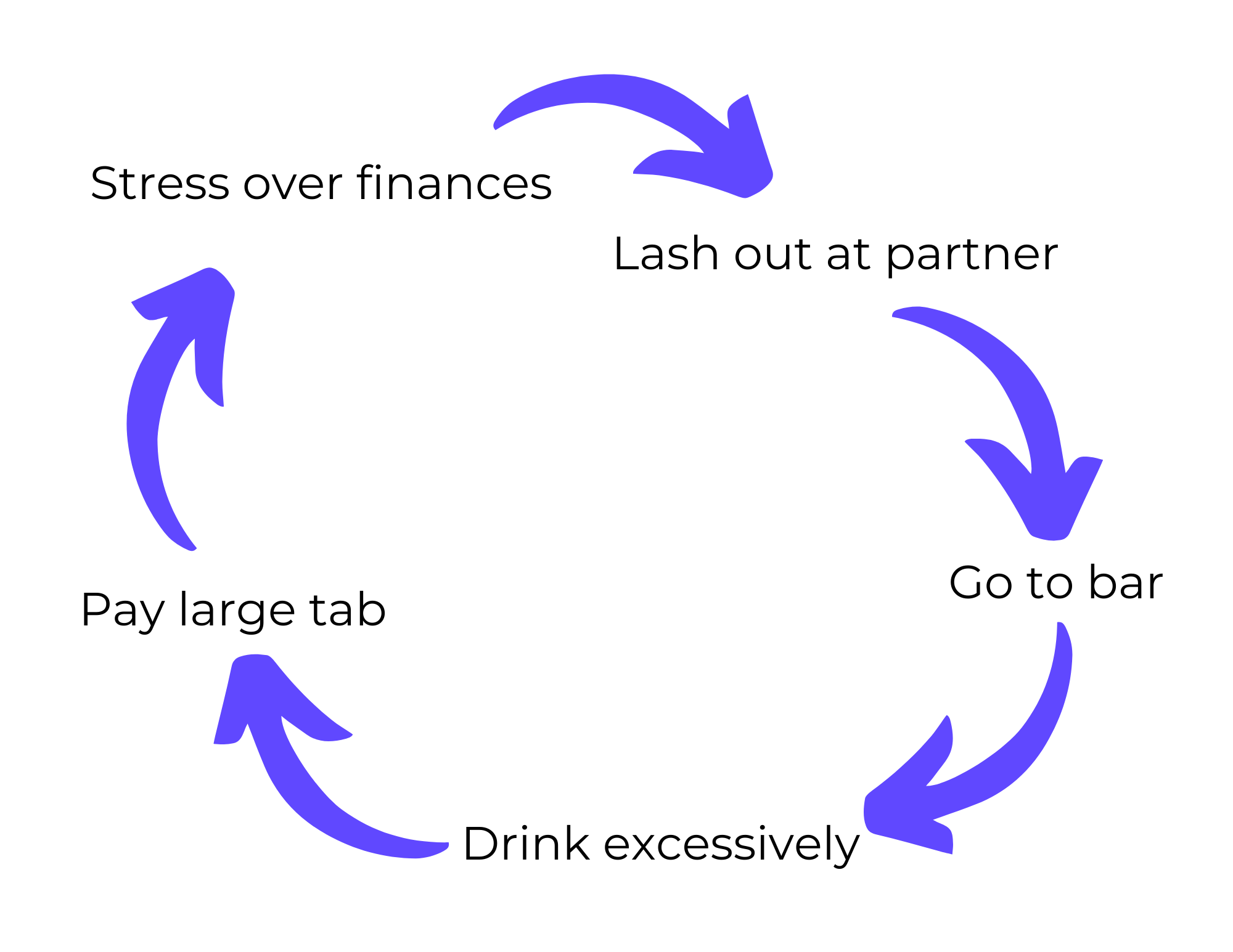
Many years ago, seeing a psychiatrist, or “shrink” as it was commonly and inappropriately referred to, was for the “unhealthy” and “mentally unstable.” It was looked down upon, and if you saw one, people deemed you “not well.” Luckily, that is not the case anymore. Mental health counseling is, generally, much more accepted, and can be effective in helping anyone struggling with life issues, big or small. It is always best to talk about and confront your emotions, rather than keep them bottled up. This blog post will explain just how powerful therapy can be.
Mental health counseling is when an individual facing psychological issues meets with a licensed professional, or group of peers with similar issues, to help them get a better handle on their condition. People go to therapy for all sorts of reasons, such as: coping with something difficult that happened in the past; overwhelming stress or anxiety caused by current issues or a life-changing event; substance addiction; problems with self-image; feeling depressed; and many others. In these sessions, the counselor or psychologist offers a safe space where the individual can talk about their feelings openly while helping the person understand and, with time, learn to deal with them appropriately. Some people and conditions are more complex, requiring more time and effort to heal. Even after the person has shown significant progress, it’s often a good idea to check in with their therapist periodically.
When the world shut down in 2020 due to COVID-19, mental health issues such as depression, stress and anxiety troubled the minds of many all over the globe, causing a significant increase of 25% of people who felt these symptoms, according to the World Health Organization (WHO).1 Another report from the Center for Disease Control (CDC) revealed that 20.3% of people received mental health treatment in 2020, up one percentage point from the previous year.2 Although only a slight increase, there will be a high demand for mental health services over the next 5-10 years if this trend continues. As mental health awareness spreads and the public views receiving treatment as “normal,” the more comfortable people will feel seeking help.
Benefits of Counseling
Therapy can serve as an educational experience for the person receiving treatment. People can learn a lot about themselves, what they’re capable of, and even develop new skills in the process. Seeing a mental health counselor regularly has many benefits, and can bring stability and joy back into a person’s life. Here are five of them3:
- Improves mood; relief from depression, anxiety, or other mental health conditions
One should never underestimate the power of self-expression. The simple act of sharing what is wrong and admitting you need help can often take a significant weight off your shoulders. At the very least, you should feel moderate relief, which can immediately improve your mood. The more you share with your counselor, the more they can help you work through your issues, which should help alleviate the pain even more.
2. Enhanced communication and social skills
Therapy encourages us to convey our feelings when they become too much for us to manage on our own. For example, many people don’t like confrontation. They may not stand up for themselves at work, causing them to take on more than they can handle, or in a marriage/relationship, which can create unwanted stress. By clearly communicating with your boss that you do not have the bandwidth to complete a task, you can avoid getting overcommitted, and hopefully work together to find a solution. And open communication is the keystone of any healthy relationship.
- Power to manage emotions and change toxic behaviors and habits
It is likely that whatever your primary issue is – inability to manage your temper, addiction to drugs/alcohol, etc. – it’s causing social, physical, or financial problems in your life. Therapy can help us become more conscious of ourselves, and help us understand how our actions in one realm can impact the other areas of our life. Your counselor can help pinpoint the triggers that fuel certain behaviors. The chart below illustrates actions can create a cycle of ongoing problems, such as with someone having issues with drinking and managing anger.

Actions in one area can create a cycle which causes problems in other areas. In this situation, learning to manage stress may help control your temper, reducing friction in your relationship and the impulse to go out drinking, avoiding exacerbating financial stress.
4. Ability to set short- and long-term goals
Goal-setting can be an integral part of recovery. The patient and counselor should work together to figure out the best way to achieve goals, but it is the individual’s responsibility to stay on track. For example, one who struggles with a drug addiction may need to start with small objectives, like staying sober for one week, then shoot for one month sober, and eventually, they’ll have a year of sobriety under their belt. Someone who deals with excessive stress can aim to dedicate an hour of their day just for relaxation. Someone with an eating disorder can focus on increasing their calorie consumption a little bit each day, and eventually, they will return to a healthy weight.
5. Greater confidence, self-acceptance and self-esteem
People who seek mental health counseling may feel sad, weak, embarrassed, or ashamed of themselves. Therapy can focus on gaining greater confidence and self-esteem. Like any activity you participate in – fitness, cooking, golf, etc. – you like to see improvement each time you attempt it. One can gain a lot of confidence just by feeling a little bit better after each therapy session. Over time, you can look back at all the progress you’ve made since beginning counseling, and have a more positive and healthy view of yourself.
As Mental Health Awareness Month comes to an end, we remind you to look out for your well-being not just this month, but all year long. If you feel life is becoming too much to cope with, remember that you don’t have to do it alone. There are plenty of resources and people whom you can reach out to for help! We hope you will take advantage of the knowledge and services that licensed mental health counselors can offer.
Cantata’s products can help your organization manage and support your behavioral health clients. Through our Arize EHR, staff members have access to a “Google-style” calendar view of both clients’ and local mental health counselors’ schedules to easily create appointments based on time, date, location and specialty. Our Convergence Care Referral Portal helps track referrals and provides a cohesive view of their records, giving the organization the speed they need to follow up on referrals and the insight to select the ideal provider for their needs.
. . . . . . . . . . . . . . . . . . . . . . . . . . . . . . . . . . . . . . . . . . . . . . . . . . . . . . . . . . . . . . . . . . . . . .
REFERENCES:
- Brunier, Alison, and Carla Drysdale. “Covid-19 Pandemic Triggers 25% Increase in Prevalence of Anxiety and Depression Worldwide.” World Health Organization, 2 Mar. 2022, https://www.who.int/news/item/02-03-2022-covid-19-pandemic-triggers-25-increase-in-prevalence-of-anxiety-and-depression-worldwide.
- Terlizzi, Emily P., and Tina Norris. “Mental Health Treatment Among Adults: United States, 2020.” Centers for Disease Control and Prevention, Oct. 2021, https://www.cdc.gov/nchs/products/databriefs/db419.htm.
- “8 Benefits of Mental Health Counseling.” Montare Behavioral Health | Mental Health Treatment in Los Angeles, 5 Nov. 2021, https://montarebehavioralhealth.com/8-benefits-of-mental-health-counseling/#.
